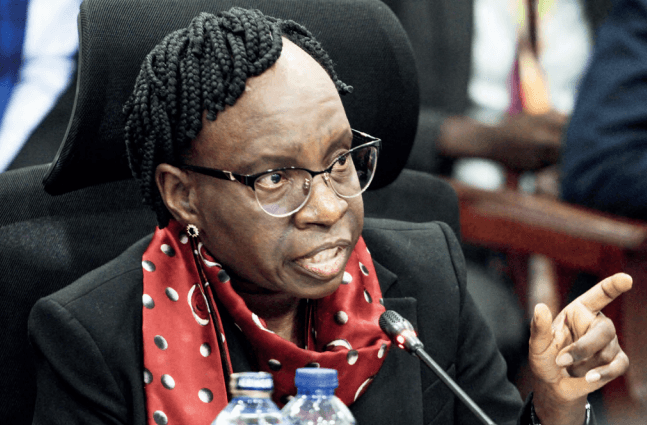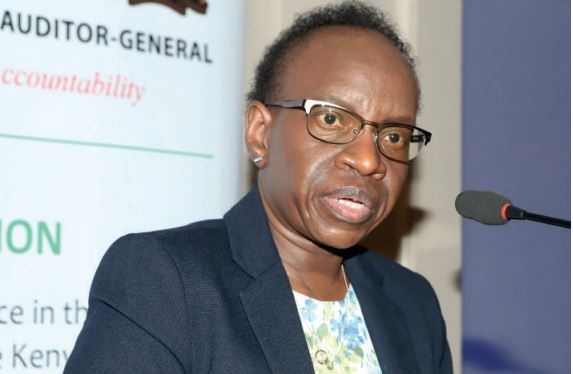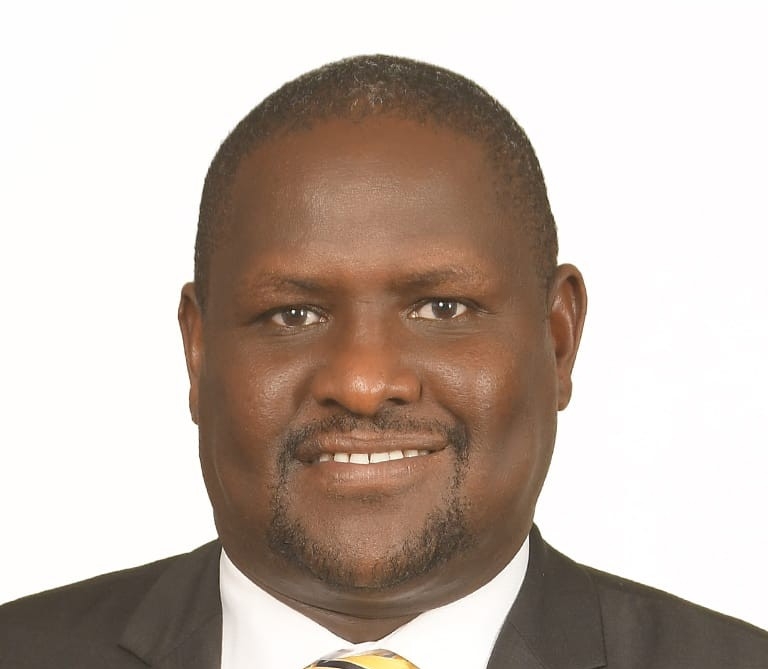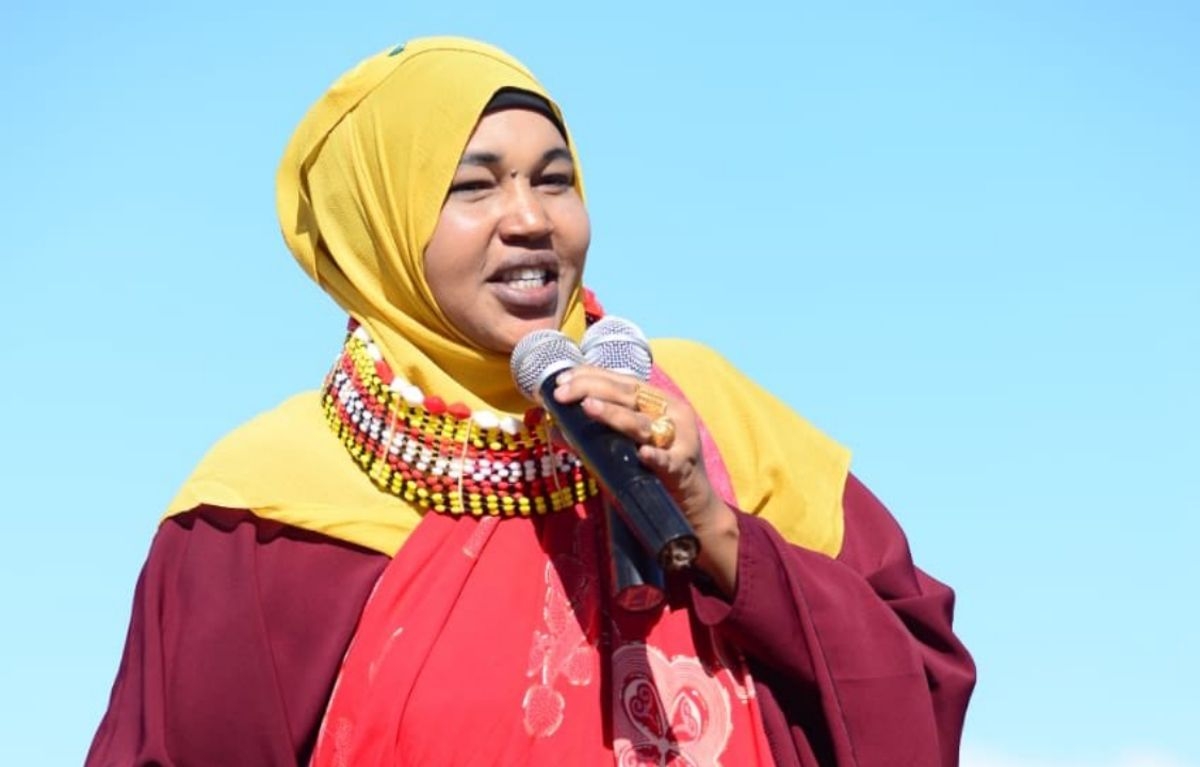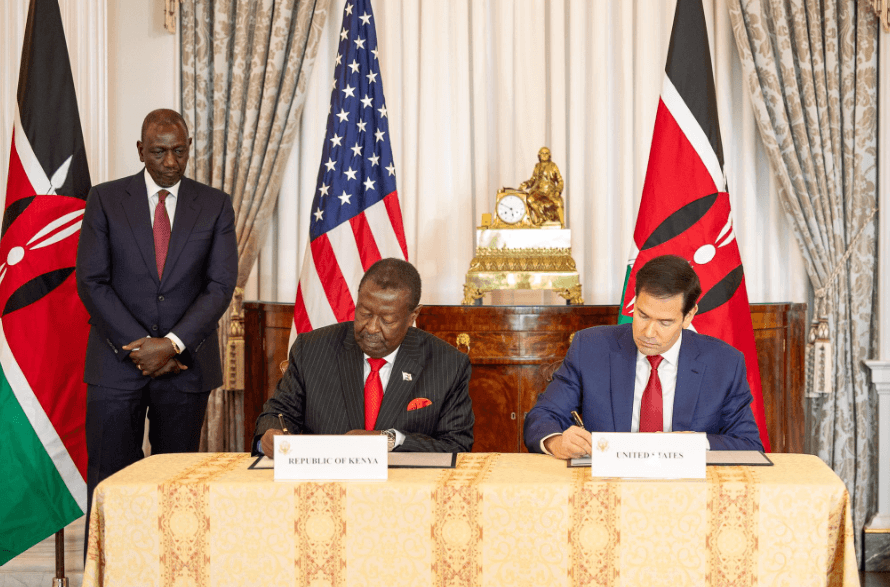
 A picture of a student / HANDOUT
A picture of a student / HANDOUT
The answer is that they all were—except for our immediate former president, Uhuru Kenyatta.
Uhuru’s father, Jomo Kenyatta, was in the mid-1940s, first vice principal and then principal, of the Githunguri Independent Teachers College.
It is through his involvement in expanding the opportunities for education within Kiambu and beyond that he added to his already established reputation as a progressive leader.
His successor, Daniel Moi, was not only a schoolteacher for most of his younger days but retained his love for the classroom to the very end.
Moi may have fallen short of expectations in many ways, but it cannot be denied that he always did his best to provide academic opportunities for all young Kenyans.
For example, senior Kenyatta had followed the prevailing British model for tertiary education, which made opportunities for university education only available for a tiny elite of high school students back then.
Under Moi, the system was opened up to let in much larger numbers into public universities and hence create a broader national path to the learned professions.
As for President Kibaki, who does not know that by Kibaki initiating the free primary education programme, more than a million young children now had a future where before they had been doomed to remain illiterate because their parents could not afford to pay their school fees.
And Kibaki too was a former teacher. Though admittedly at the much more elevated level of a university lecturer at Makerere University, which at that time was the citadel of all higher learning in East Africa.
Why do I emphasise that most of our former presidents were also former teachers?
It is because time spent in a classroom (or lecture hall) cannot fail to influence the values of the teacher. And to deeply impress in their hearts and minds that education—the opportunity for formal studies up to the very limit of the child’s potential—is the one thing, which should be every child’s birthright.
As such it is something, which should be discussed in terms of how best to provide it: not in terms of whether or not we can afford it.
The National Treasury CS John Mbadi may well have believed that he was merely being honest with the Kenyan public, when he announced that free education was no longer sustainable.
But leadership is not only about being bold and honest enough to give the public bad news which you know very well they do not want to hear.
Men and women are elevated to high office on an assumption – spoken or unspoken – that they have the rare ability to find practical solutions to intractable problems.
The histories of every advanced country on this earth, are marked by turning points at which the leadership, given a choice between giving up in the face of some unprecedented difficulty and staying true to their national values and priorities, chose the hard path of doing the right thing.
It is Mbadi’s misfortune that he happens to occupy the top seat at the Treasury, at a time when just such a hard choice has to be made.
He must now either go back to his team of economists, or work with them to find a way to continue providing the free education that Kenyans have every right to expect.
Or if indeed Kenya is still a democracy, then he has no business being in high office, and should modestly step aside to allow those more capable to try and find a solution.







